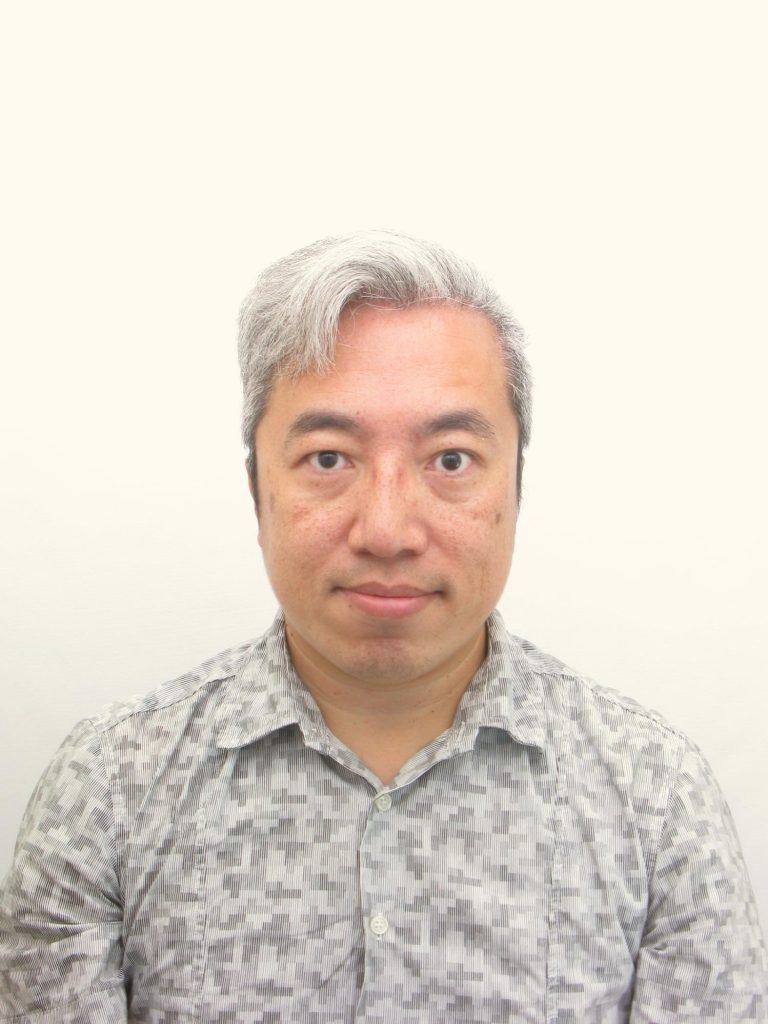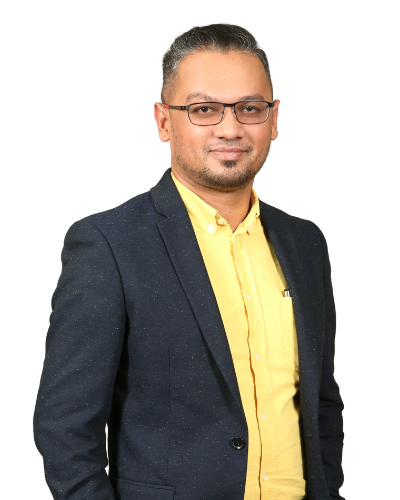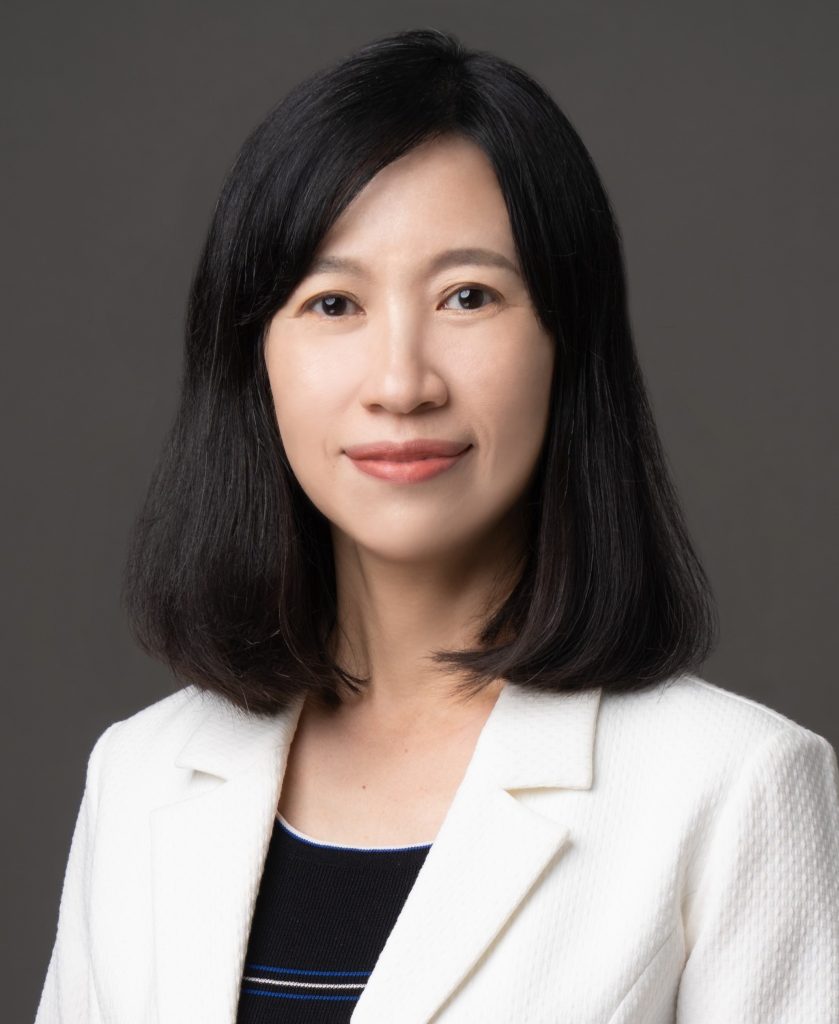Member-At-Large (International) Candidates:
Chi-Cheng Yang, Ph.D.

My name is Chi-Cheng Yang, a professor of clinical neuropsychology from the Department of Psychology, National Chengchi University (Taipei, Taiwan). I am also a licensed clinical neuropsychologist and have worked with patients in Neurosurgery setting (mainly patients with traumatic brain injury and brain tumors) for more than 15 years. Actually, the development of clinical neuropsychology in Taiwan (even in Asia) is still developing and needs more understanding by related professionals and even publics. It is thus the reason why I have much interests in reaching out to the community and trying to provide more accurate and easily-understood information for people in my country. Indeed, Taiwan has been an aged society since 2018, and the issues of dementia and any other cognitive impairments/disabilities caused by the central nervous system diseases have been emphasized by professional societies and publics. People are aware of the adverse impacts from the brain disorders in terms of both physical and neuropsychological perspectives. Accordingly, I would love to apply and join the member-at-large of ANA and make a closer connection with this international organization. I also hope I can implement my direct experiences of Asia society into ANA, and collaborate with the international professionals to get more advanced ideas and methods to facilitate with anything about Clinical Neuropsychology in Asia.
Vigneswaran (Vic) Veeramuthu, Ph.D.

I am truly grateful and humbled to be nominated as a candidate for the ANA Member at Large (International) position. Within ANA, I currently serve as the Co-Chair of the International Liaison Task Force that is responsible towards establishing connections with existing neuropsychological organizations in Asia to explore potential collaboration in education, research and other initiatives as well as to facilitate collaborations in clinical training and competence development for neuropsychologists where applicable (between the US and Asian countries). Personally, I see the ANA as a potential global flagship organization that could represent all neuropsychologists of Asian descent as well as the neuropsychological associations or societies throughout Asia. If elected as the ANA Member at Large (International), I will continue to work towards building bridges and connections between not just the committees and board, but also work together with the leadership towards globalizing/ internationalizing the organization, increasing the Asian/ ANA representation as well as promote inclusivity and diversity. Professionally, I am currently serving as a Consultant Clinical Neuropsychologist (Adult & Pediatrics) at Thomson Hospital Kota Damansara, Malaysia. I was also founding past President of the Society of Clinical Neuropsychology-Malaysia (MSCN/SCN), leading collectively to its official registration as a professional body on October 28th, 2018 representing and regulating the practice of clinical neuropsychology in Malaysia. Lastly, I am also frequently involved in clinical teaching and training activities for clinical neuropsychologists, surgical registrars (neurosurgery and maxillofacial) and psychology interns, both locally and internationally. I am looking forward to continue contributing to ANA and its membership, now and in times to come.
Yu-Ling Chang Ph.D.

I am a Professor in the Departments of Psychology and Neurology at National Taiwan University, where I also serve as the Director of the Imaging Center for Integrated Body, Mind, and Culture Research. I obtained my Ph.D. from the University of Florida, followed by internship and postdoctoral fellowships at the University of California, San Diego. My research focuses on cognitive aging, and the early detection and intervention of Alzheimer’s disease. My research and professional contributions have been recognized by numerous organizations and societies including the National Science and Technology Council (Taiwan) and the Rotman Research Institute (Canada). Other honors have included the Laird Cermak Memorial Award from INS, and the Young Scholar Award from the Alzheimer’s Association (U.S). I have provided neuropsychology guidance at various levels in Taiwan, including the Ministry of Examination and Ministry of Education. Navigating the intricacies of Asian cultures, my vision extends beyond mere representation. I aim to build bridges within Asia and between Asian and global neuropsychologists by fostering international collaborations (e.g., between Asian American and Asian communities), promoting cross-cultural research, creating networking opportunities, supporting multilingual initiatives, and encouraging student exchanges. My vision champions an inclusive approach, recognizing the interconnectedness of research, clinical practice, and education. Through open dialogue and collaboration, I believe we can create a platform that promotes cultural competency in these facets. Beyond the technicalities of obtaining test norms in various languages lies a deeper responsibility—to enhance our collective understanding of how cultural nuances influence neuropsychological functions. I am excited about the opportunity to contribute my skills, perspectives, and energy to the ANA. I humbly ask for your support in this endeavor. Together, we can cultivate a society that truly represents the richness of Asian neuropsychology.
